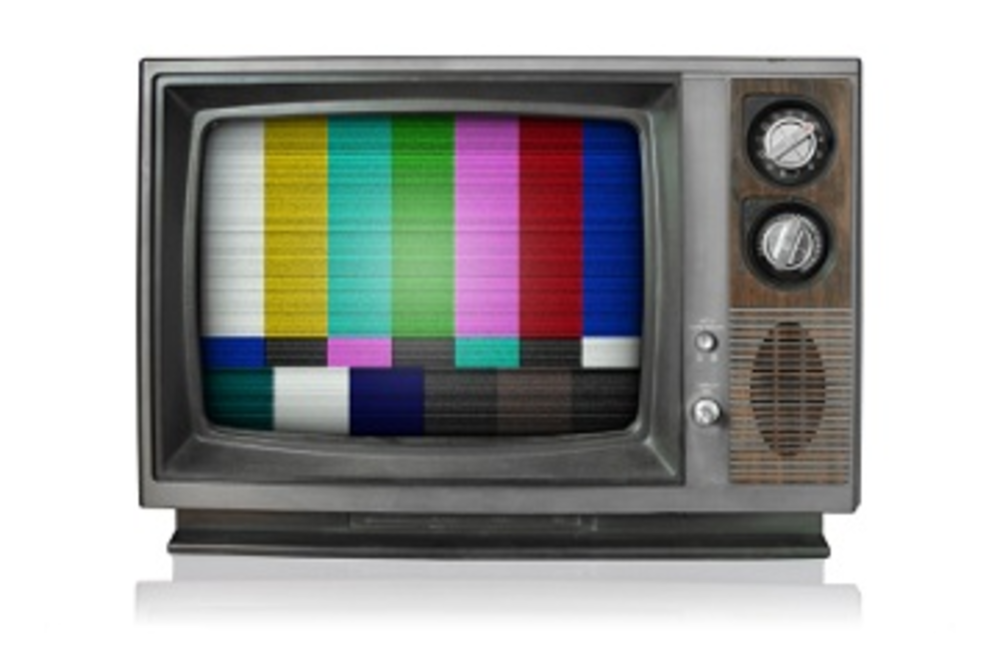Matt Britton, founder and CEO of social marketing agency Mr Youth (now MRY), discussed today’s broken television model and predicted future changes for the future of the box at the Share.Like.Buy 2012 millennial marketing conference in New York City.
“I believe that television is going to be disrupted in a big way,” Britton said.
While Britton acknowledges that brands often throw their marketing dollars into the $60 billion TV market to remain “risk free,” he says the DVR revolution, cable costs, viewer experience, and a lack of portability make television more of a gamble than brands realize.
“Television is broken,” Britton said.
The benefits of television advertising started to dwindle upon the rise of DVRs, he said. Now, 81% of consumers invest in DVR to dodge television spots, a practice that’s led to time-shifted viewing and consumers that watch what they want, when they want. According to Britton, only 52% of television viewing is done live, with sporting events and award shows making up the majority of live-watched programming. Considering the percentage of consumers that fast-forward through commercials, approximately $25 billion in advertising dollars is being flushed down the drain, Britton said.
Because television ads aren’t raking in the dough like they used to, cable companies have turned to consumers to cover expenses by increasing monthly costs, some charging more than $140 a month, said Britton.
“At what point is it going to enough?” he asked.
Additionally, Britton referred to the television viewing experience as “atrocious,” claiming that while online and mobile user experiences have improved and become more personalized, television has remained stuck in its ways. For instance, what a network schedules for Wednesday night at 7 in the evening may not be what a consumer wants to view.
“It does not know who you are…this does not work for consumers,” said Britton, who added that television’s lack of mobility and smooth streaming prevents it from progressing with the times.
As a result, a growing number of consumers are, as Britton referred to it, “cord cutting”—forgoing their cable boxes to find, create, and directly stream content from other sources, such as the Internet.
To get the television industry back on a profitable track, Britton predicts that Microsoft, Apple, and Google will challenge the cable companies by shifting from the flat screen to all screens, from remote controls to tablets, and from TV listings to search engines.
Starting with Microsoft, Britton said he anticipates the “undervalued” organization will convert the Xbox from a game system to a distribution model in order to mobilize content. To make the Xbox the “center of consumers’ living rooms,” Microsoft would need to replace the chunky remote with the Microsoft Slate and incorporate Bing, instead of TV listings, to allow viewers to search for preferred content, Britton said.
Likewise, Britton inferred that Apple’s iPad would serve as a TV remote and that Siri would replace television listings for an Apple-televised platform. “They have the devices,” Britton said.
However, Britton says he expects Google to take a slightly different approach. As the owner of YouTube, Google would generate its own content and provide YouTube-exclusive videos. Google’s well-established search engine and purchase of Motorola positions the company to launch a successful mobile television platform, he said.
Yet, Britton acknowledged that not every consumer watches the same shows and that tying in a social component would create a more personalized viewing experience.
“There’s a data layer that we’re missing from TV,” said Britton. “I think Facebook will end up being the data layer.”
By incorporating Facebook, Britton says uses would be able to share televised content with friends and that networks could provide their consumers with more targeted content.
“[Facebook] is the company that is going to reinvent television,” Britton said.
Likewise, Britton said Twitter lists could replace network curators by allowing television viewers to see what other people, such as celebrities or sport heroes, are tuning into.
To help organizations prep for the “TV revolution,” Britton advises capitalizing on social signals, becoming a content creator, dispensing said content to exclusive audiences, boosting community ecosystems, and investing in data and CRM platforms.








